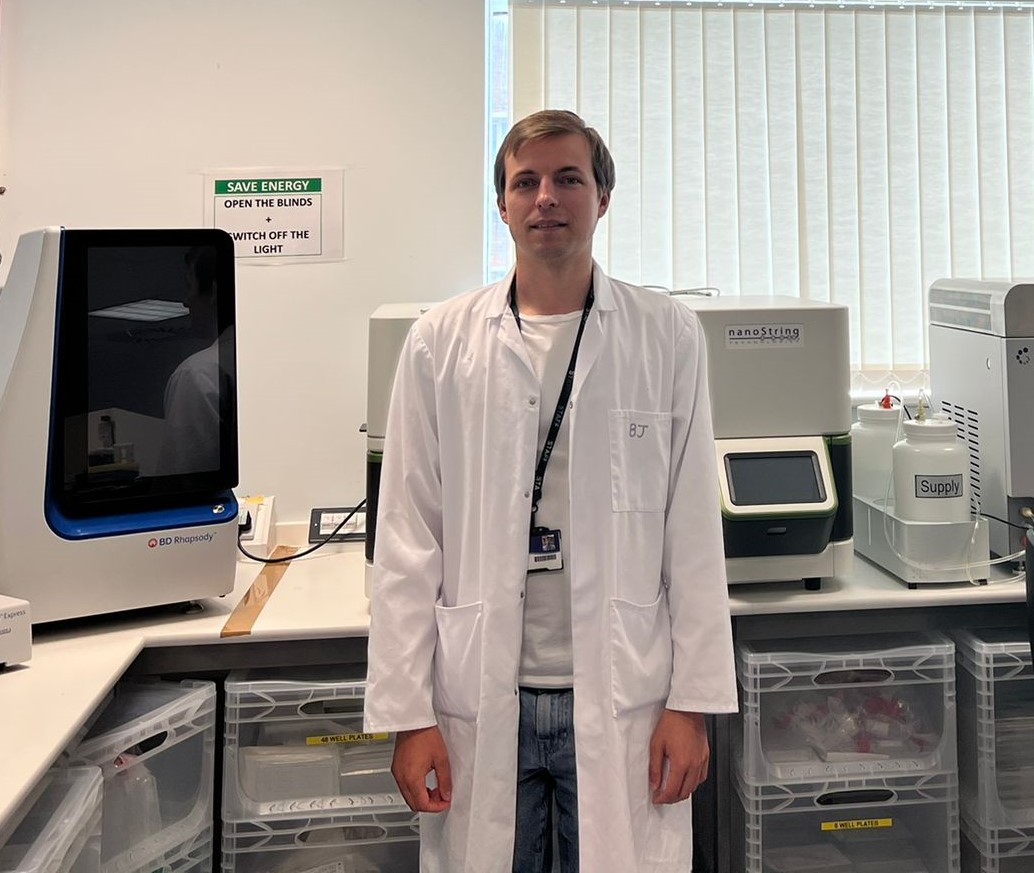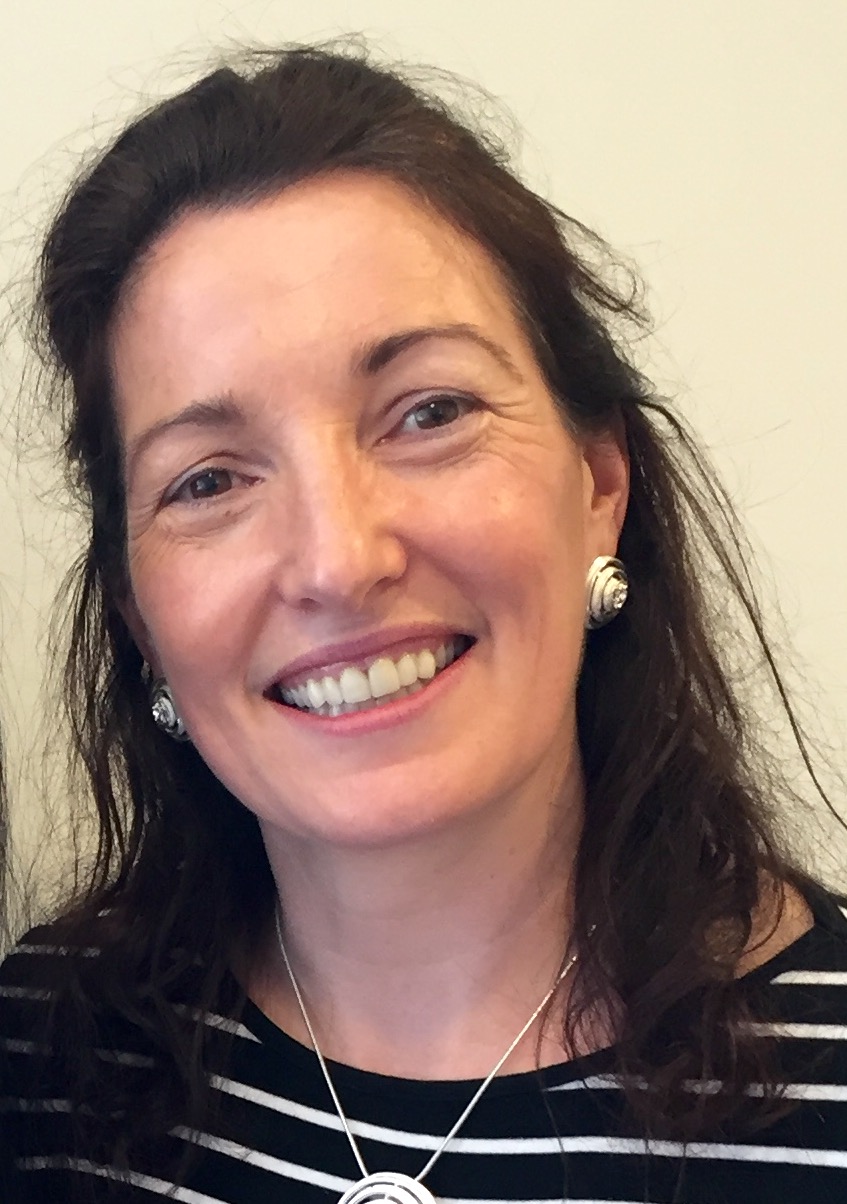Little Princess Trust News
Research into safer childhood leukaemia treatments

Projects are key in developing kinder treatments for children
We are delighted to announce two new research projects that aim to improve treatment for children with leukaemia.
Leukaemia is the most common type of cancer in children. While there has been significant progress in recent years, current treatments can still be harmful to children's developing bodies.
Our new projects aim to develop gentler treatments that target cancer cells without damaging healthy cells.
Phil Brace, CEO of The Little Princess Trust, said: “We are committed to improving childhood cancer care for all children. However, survival is not enough.
"While many children with leukaemia can now be cured, they often face difficult long term side effects.
Could a medicine called ONC-201 help treat children with T-cell acute lymphoblastic leukaemia?
At Swansea University, Dr Nick Jones is looking for safer treatments for children with T-cell acute lymphoblastic leukaemia.
Current leukaemia treatments harm healthy cells as well as cancer cells. However, Dr Jones has found a pre-existing medicine called ONC-201 that could be a better option for childhood leukaemia.
He said: “ONC-201 has already shown some really encouraging results in brain cancer. We’re excited to see how effective it is as a treatment for T-cell acute lymphoblastic leukaemia.
"One of the best features is that it doesn’t affect healthy cells, so it has very minimal side-effects compared to standard chemotherapies.
“Because we know it is safe, repurposing ONC-201 should be much quicker than developing a completely new treatment.

"The timescale can be just a few years, rather than the 10 plus years that’s typical for new drug development.”
Dr Jones will use this project to show how ONC-201 affects leukaemia cells, and to test the medicine on real patients' cells in the lab.
If successful, his work could lead to a clinical trial testing ONC-201 as a safer treatment for this type of leukaemia.
He added: “I feel proud to represent such a great charity, its supporters, and all the families and patients involved.
"The support from Little Princess Trust and Children’s Cancer and Leukaemia Group has been critical to establishing my lab and exploring exciting research. It’s given me, and those I collaborate with, the chance to make a real difference to the lives of people who live with cancers like leukaemia.”
Designing a safer way to find and fight acute myeloid leukaemia cells in children
Dr Karen Keeshan at the University of Glasgow is focusing on leukaemia cells called ‘leukaemia stem cells’, which can cause cancer to relapse after treatment. Her team has discovered a way to identify these cells by a specific protein called CD180.
She said: “This project will research a protein called CD180 that has potential as a new treatment for children with acute myeloid leukaemia.
"It will give us information on which patients would benefit from developing a drug for CD180.

“This protein is not found on healthy cells and is only present on leukaemia stem cells (LSCs). This means it is a promising avenue for developing treatments that are less toxic to the patient.
"With further research and clinical trials, we hope that this approach could lead to more effective and safer treatment options for children with this cancer.”
In this project, Dr Keeshan will use data from nearly 600 children with acute myeloid leukaemia to see whether all leukaemia stem cells have CD180 and whether it affects how the cancer behaves.
Their passion for improving childhood cancer care is clear.
Dr Keeshan hopes to make a toolkit that can identify leukaemia stem cells, to help doctors track the progression of this leukaemia throughout treatment. Her work may also show the potential of CD180 for future treatment development.
She said: “With this work, we aim to gather the data needed to change clinical assessment of acute myeloid leukaemia in children, such as using CD180 to track the disease.
"I am honoured to receive funding from a great charity whose work is making huge strides in childhood cancers.”
Mr Brace added: “Dr Jones' and Dr Keeshan's new projects are key in developing kinder treatments that will improve children’s quality of life after cancer.
"Their passion for improving childhood cancer care is clear, and we are proud to support their research.”




